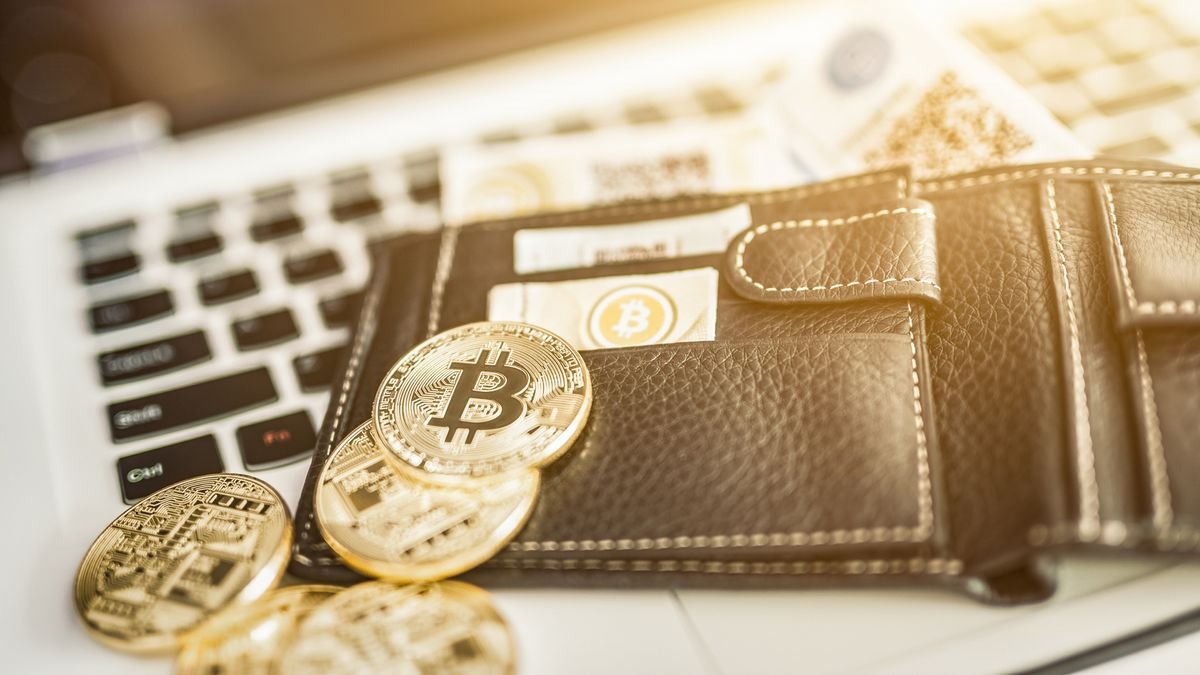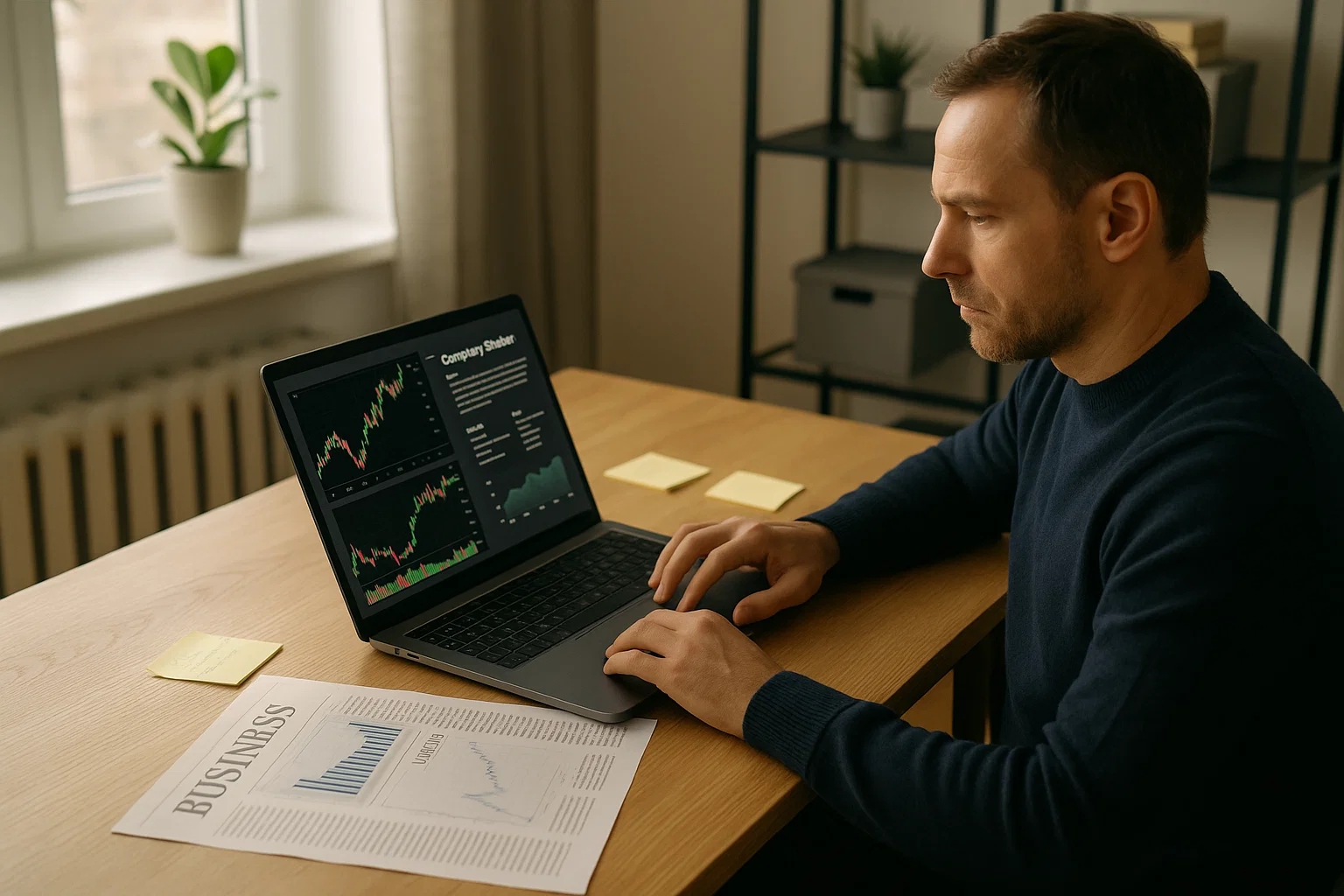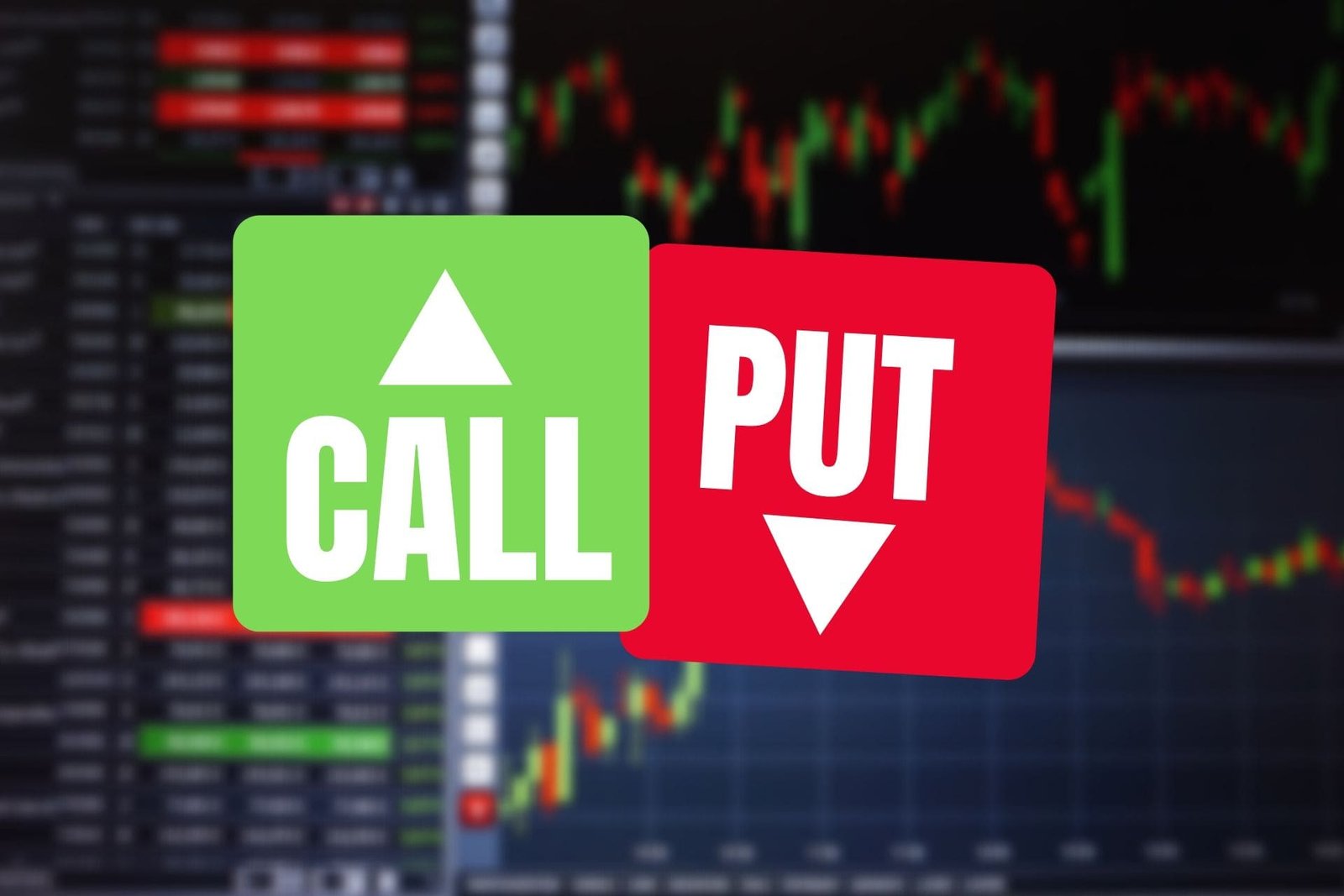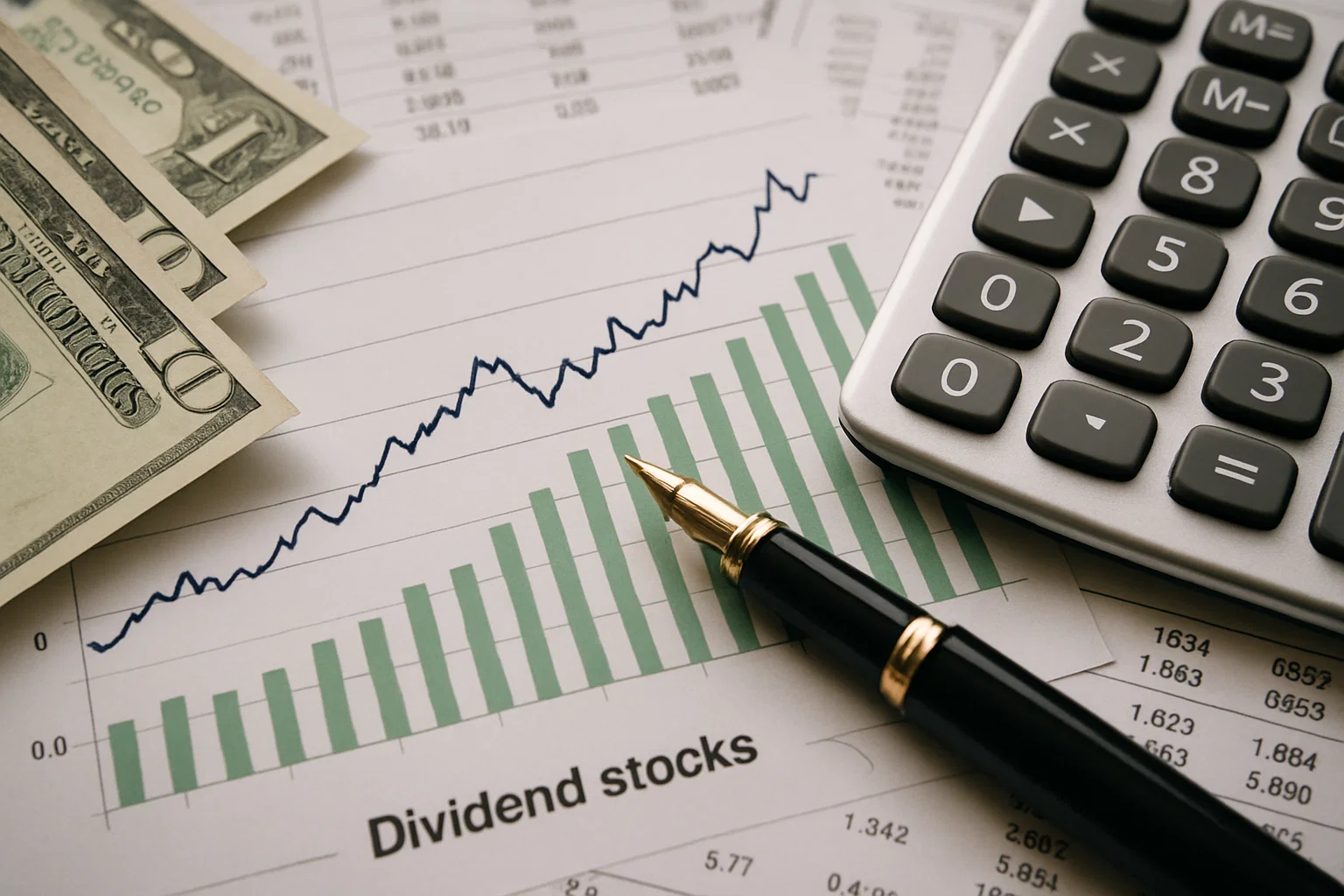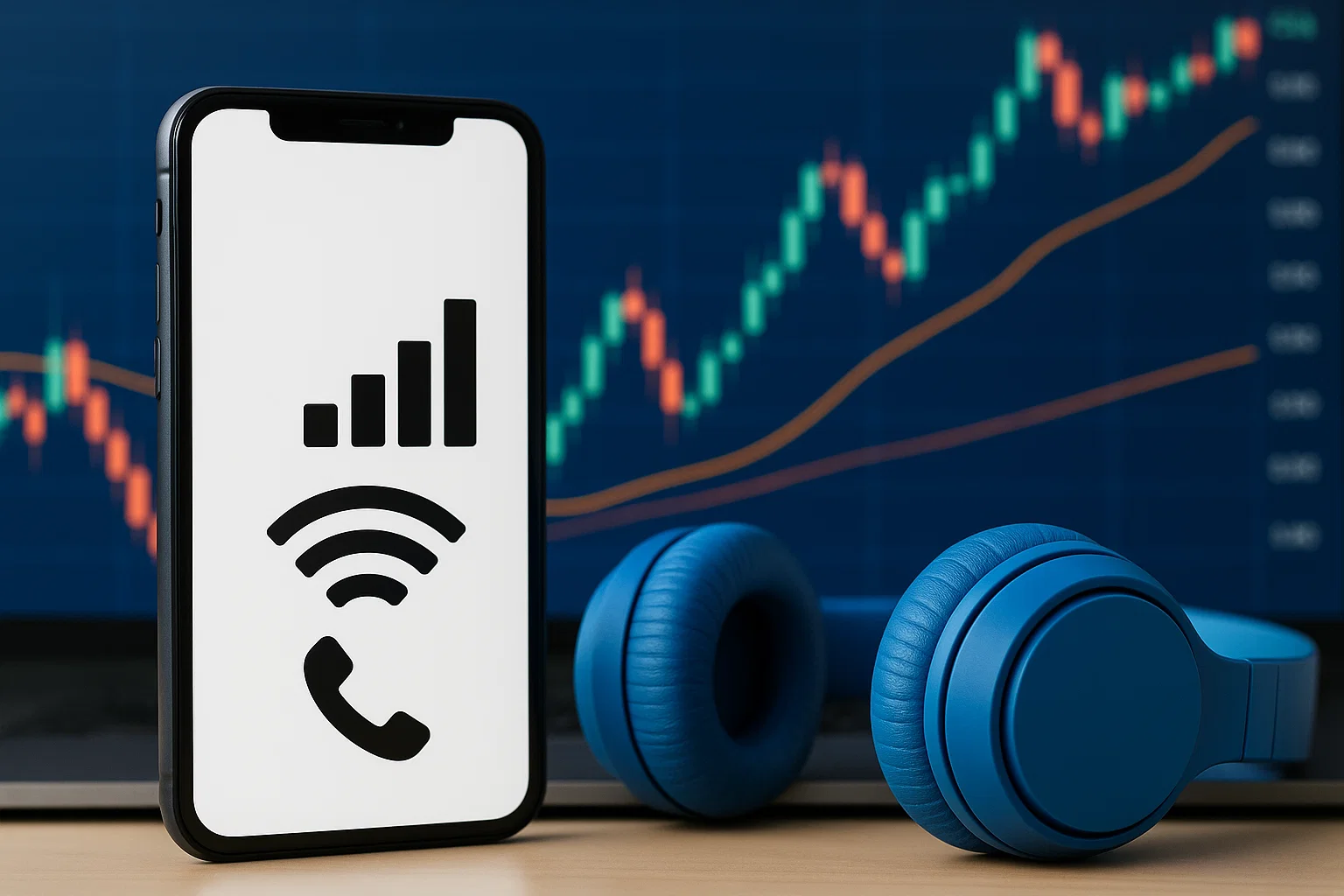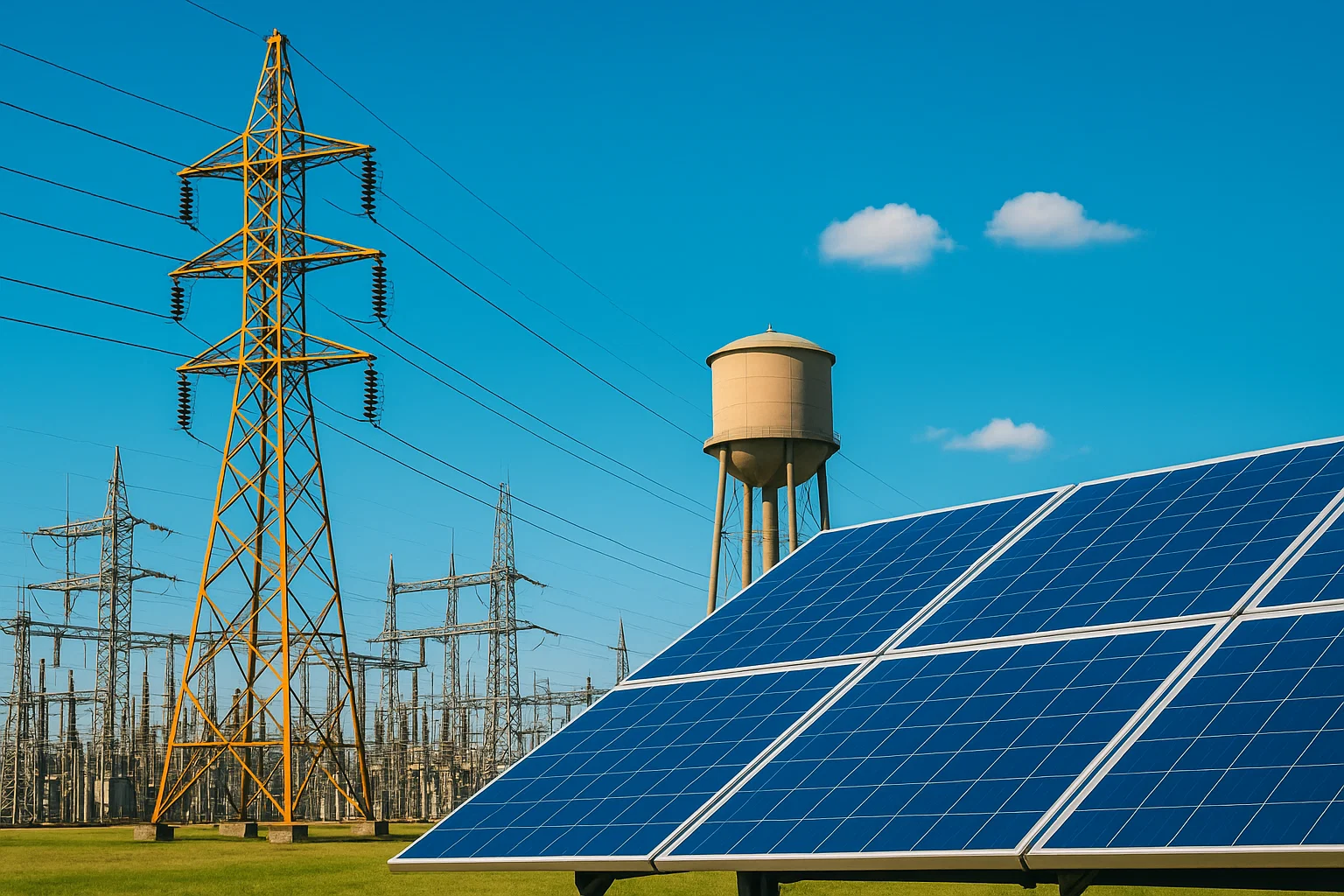The Real Reason Your Money Buys Less
- by:
- Nick H
Key Points
Inflation reduces your purchasing power by increasing the cost of goods and services over time.
The main drivers of inflation are demand-pull, cost-push, and built-in inflation cycles.
Central banks try to control inflation by adjusting interest rates, influencing spending and borrowing.
what is a call option
For adsense add
Advertisement

affiliate add
For adsense add
Mail Sign Up
Get The Latest News & Stock Picks
Stay ahead of the market with expert news, actionable tips, and exclusive stock picks delivered straight to your inbox. Join a community of investors who value real insights and smarter strategies. Sign up now and get the edge you need to invest with confidence.
By submitting your email, you agree to receive updates and promotional content from our team. You can unsubscribe at any time. For more details, please review our Privacy Policy.
For adsense add
For adsense add
It’s a strange feeling to watch your paycheck land in your bank account and realize it doesn’t stretch as far as it did just a few years ago. Maybe you find yourself standing in the grocery store, studying the price of milk or bread, and wondering if you’re imagining things when the total seems higher with each trip. Rent keeps ticking upward, utility bills quietly creep up, and even a night out feels noticeably pricier. If you feel like your money buys less every year, you’re not imagining it. The culprit has a name that echoes through financial headlines and economic reports: inflation.

Understanding Inflation: The Invisible Tax on Your Wallet
Inflation is one of those terms you hear everywhere, but it often feels fuzzy or abstract. In the simplest sense, inflation is the gradual increase in the price of goods and services over time. When inflation rises, every dollar you have loses some of its purchasing power. It’s not that your dollars disappear, but rather that each one is worth a little less in terms of what it can buy. That’s why last year’s $5 latte might be $5.50 today, and why rent that seemed reasonable when you signed your lease now feels like a stretch.
At its core, inflation is a natural part of most modern economies. A healthy level of inflation often signals that people are working, earning, and spending. Businesses are expanding, new products are hitting the shelves, and wages tend to rise along with prices. However, when inflation speeds up too quickly or lingers at a high rate, it can make daily life challenging and erode the value of your savings.
What Actually Causes Inflation?
To understand why your money buys less, it’s important to know why inflation happens in the first place. Economists usually group the causes into two main categories: demand-pull and cost-push inflation.
Demand-pull inflation occurs when more people want to buy goods and services than what is currently available. Imagine a concert with limited tickets. If everyone wants in, the price naturally goes up. The same logic applies across the entire economy. When consumers have extra money to spend, maybe because of higher wages or government stimulus payments, demand for products and services can outpace the supply, leading to higher prices.
Cost-push inflation, on the other hand, happens when it becomes more expensive for businesses to make or deliver their products. Rising costs for raw materials, transportation, or wages often get passed on to the consumer in the form of higher prices. For example, if fuel prices jump, it becomes costlier to ship food across the country, so grocery prices climb as a result.
There’s a third, often less-discussed factor called built-in inflation, which is a kind of feedback loop. When people expect prices to rise, workers demand higher wages to keep up. Businesses then raise their prices to cover these wage increases, and the cycle continues.
The Central Bank’s Role in Inflation
You may have heard about the Federal Reserve or other central banks “fighting inflation.” Central banks play a huge role in controlling how fast prices rise by adjusting interest rates. When the economy is overheating and prices are climbing too quickly, central banks often raise interest rates to make borrowing money more expensive. This cools down spending and investing, which can help slow inflation.
Conversely, if inflation is too low or the economy is stuck in a slump, central banks may lower interest rates to encourage borrowing and spending. Their main goal is to keep inflation at a manageable level, usually around two percent annually in the United States. Striking the right balance is tricky, and sometimes central banks act too late or move too aggressively, triggering even more volatility in the economy.
How Inflation Affects Your Everyday Life
The most obvious impact of inflation is that your paycheck doesn’t go as far as it used to. The same amount of money buys less food, less gas, and fewer services. Over time, inflation can shrink the value of your savings if the interest earned on your bank account doesn’t keep pace with rising prices. This is why people who live on a fixed income, like retirees, often feel the sting of inflation more sharply than others.
Inflation also has a sneaky way of impacting every aspect of daily life. Businesses often try to hide rising costs through a tactic known as “shrinkflation.” Instead of raising the price of a product, they simply make the package smaller. You pay the same price for a bag of chips or a bar of soap, but you get less for your money. This can make it even harder for consumers to notice just how far their dollar is slipping.
Not all prices rise at the same rate. While some goods and services jump in cost quickly, others may stay relatively stable or even fall. Technology, for example, often gets cheaper over time as new advancements come out. However, essentials like food, housing, and healthcare tend to be the most sensitive to inflation, which means they eat up a bigger chunk of your budget each year.
Why Wages Don’t Always Keep Up
One of the most frustrating parts of inflation is that wages rarely rise as quickly as prices. Employers may give out raises, but unless those raises are larger than the rate of inflation, workers are actually losing purchasing power. This is known as “real wage decline.” For example, if your salary goes up by three percent, but inflation rises by five percent, you’re actually worse off than you were before.
This lag can lead to a feeling of running in place, where you work just as hard but can afford less. Over long periods, if inflation is left unchecked or spikes unexpectedly, it can cause economic hardship, rising debt, and lower standards of living for millions of people.
How to Protect Yourself from Inflation
While you can’t control inflation, you can take steps to protect your money. One key strategy is to invest your savings rather than leave them sitting in a traditional savings account. Investments like stocks, real estate, or even Treasury Inflation-Protected Securities (TIPS) have the potential to outpace inflation over the long run, preserving or even growing your purchasing power.
It’s also smart to pay attention to the interest rates on your debts. If you have variable-rate loans, higher inflation can mean higher monthly payments. Locking in a fixed rate when interest rates are low can help you avoid surprises down the line.
Budgeting is more important than ever when prices are climbing. Keeping track of where your money goes can help you spot areas to cut back or find better deals. Comparing prices, buying in bulk, and taking advantage of sales can all make a real difference when every dollar counts.
The Global Ripple Effect
Inflation isn’t just an American story—it happens worldwide. Sometimes, inflation in one country can spill over into others, especially in a global economy where goods, services, and money flow freely across borders. For example, a spike in oil prices can push up transportation and manufacturing costs everywhere, leading to higher prices for a wide range of products.
Extreme cases of inflation, known as hyperinflation, can devastate entire economies. History is full of examples where runaway prices destroyed currencies and wiped out people’s savings. While hyperinflation is rare in developed countries today, it remains a real threat in some parts of the world, especially where governments print too much money or lose control over economic policy.
Why Understanding Inflation Matters
Inflation may sound like a dry economic concept, but it has a direct and daily impact on your financial health. Whether you’re building a budget, planning for retirement, or thinking about investing, keeping an eye on inflation helps you make smarter decisions. Being aware of how and why your money buys less puts you in a stronger position to adapt and thrive, even as prices change.
At the end of the day, understanding inflation is about protecting the value of your hard work. The cost of living might keep rising, but armed with knowledge and a few smart strategies, you can make sure your money works harder for you, year after year.
For adsense add


